The Big Bang is a scientific theory that explains the origins of the universe. It proposes that the universe began as a very hot and dense state and has been expanding over billions of years. While the Big Bang theory is widely accepted by the scientific community, it is still a theory and there is ongoing research and debate about its details. Some scientists and philosophers have proposed alternative theories about the origins of the universe, but the Big Bang theory remains the most widely accepted explanation even though it has some problems.
The Big Bang didn’t happen
The Big Bang Theory is one of the most widely accepted theories in modern cosmology. However, recent evidence has cast doubt on this theory, suggesting instead that it may not be as accurate as previously believed.
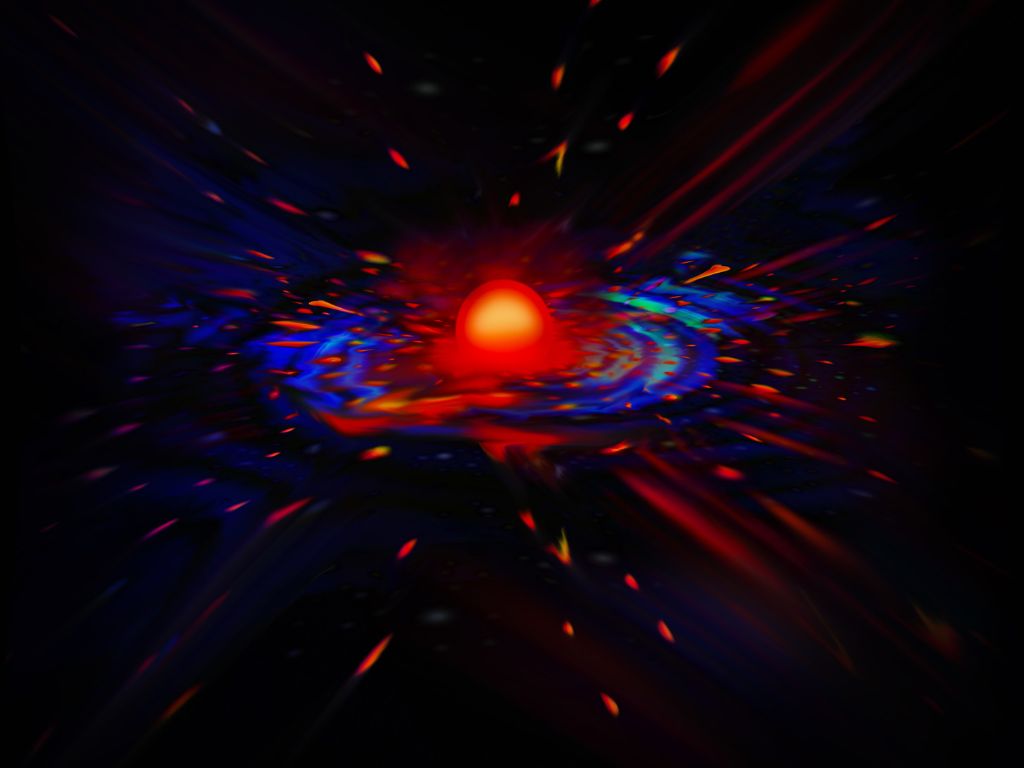
One major issue with The Big Bang Theory is its inability to explain certain aspects of our universe’s current state. For example,
- there are discrepancies between observations made by scientists regarding the age and size of certain regions within space which cannot be explained under this model alone.
- Additionally, some elements found throughout space appear to have been produced through processes other than those predicted by The Big Bang Theory
These inconsistencies suggest an alternative explanation for how our universe came into being must exist somewhere else outside traditional models like The Big Bang Theory itself.
Ultimately then while we can still appreciate many aspects of what The Big Bang theory offers us when attempting to understand how our Universe works – it appears increasingly clear more research needs done before we can definitively say whether or not it accurately describes reality as we know it today . As such further studies need conducted if any meaningful progress towards understanding why exactly ‘The big bang didn’t happen’ will ever be achieved .
Did the Big Bang happened?
The Big Bang Theory is a widely accepted scientific theory that explains the origin of the universe. It states that about 14 billion years ago, all matter and energy in existence was condensed into an infinitely small point known as a singularity, before exploding outward to create space and time. This initial explosion marks what is referred to as “the big bang”. While there are still some unanswered questions surrounding this event, most scientists agree that it did indeed happen due to overwhelming evidence from various fields of study such as astrophysics and cosmology.
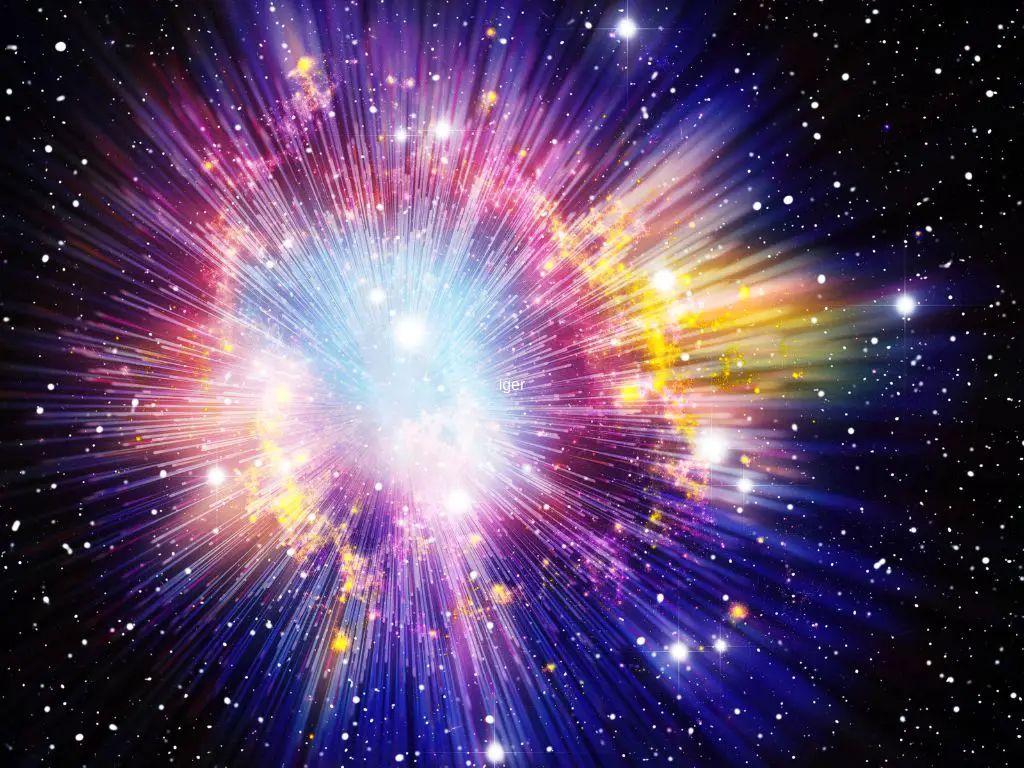
- One major piece of evidence for the Big Bang comes from observations made by Edwin Hubble in 1929 which showed galaxies moving away from each other at speeds proportional to their distance apart – suggesting they were once close together but have been expanding ever since an ancient explosive event occurred.
- Furthermore, studies have shown cosmic background radiation left over from this early period in our universe’s history which further supports its validity; if not for this occurrence then these leftover remnants would not exist today!
- Additionally , recent mathematical models based on Einstein’s General Relativity equations accurately predict how much matter should be present given certain conditions – something only possible after taking into account what happened during The Big Bang itself .
Overall , while there are still many unknowns when it comes to understanding how exactly The Big Bang happened or what preceded it, current research suggests with high certainty that it did occur. With more data being collected every day through advanced technology like satellites & telescopes combined with powerful computers we can continue learning even more about our fascinating universe & hopefully answer any lingering questions regarding its origins!
🔬 Subscribe to SciMail
Get the latest science discoveries straight to your inbox!
Is the Big Bang a proven fact?
The Big Bang theory is an often-discussed topic in the scientific community, with many questioning whether or not it can be considered a proven fact.
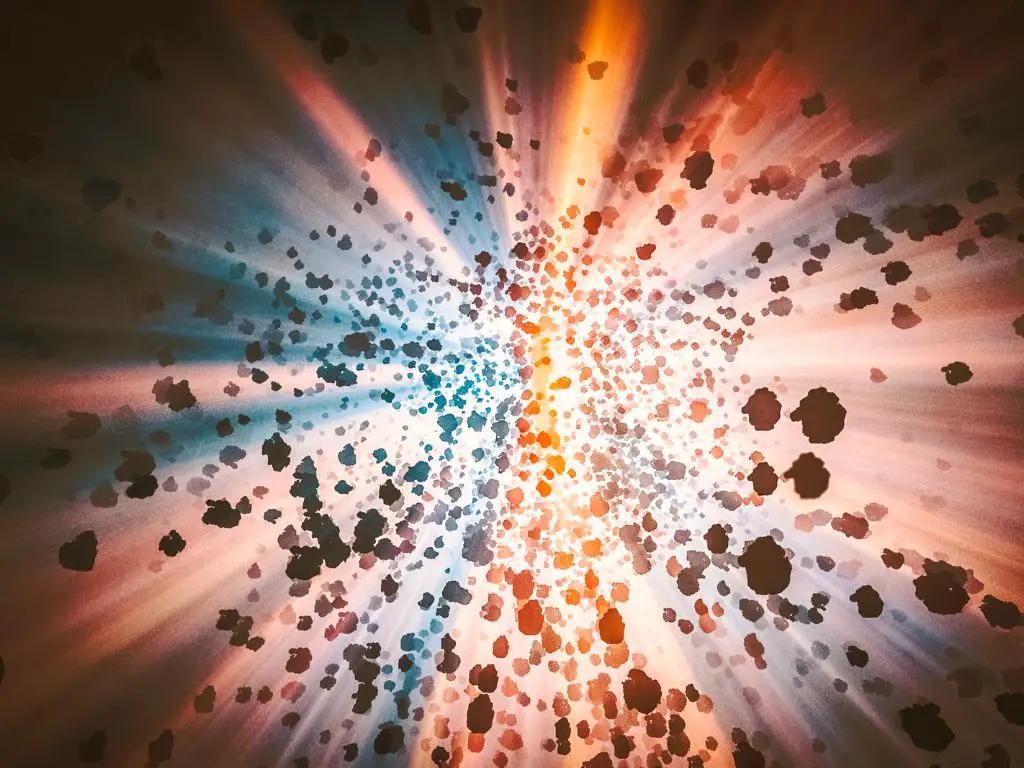
The Evidences
Evidence supporting this idea includes:
- observations from Hubble’s law showing that galaxies are expanding away from each other at increasing speeds;
- cosmic microwave background radiation which suggests a hot origin to our universe;
- and abundances of light elements indicating that nuclear processes occurred shortly after the Big Bang itself.
All these pieces of evidence point towards a single explosive event occurring billions of years ago which created all matter in existence today.
Unanswered questions & Alternative theories
- There are still some unanswered questions about how exactly such an event could have taken place on such large scales without violating known laws of physics.
- Additionally, some argue that alternative theories like quantum fluctuations or cyclic universes may provide better explanations than those offered by traditional big bang models alone.
- Ultimately though it appears likely that further research into both current models and alternatives will eventually lead to conclusive proof one way or another on this subject matter.
In conclusion, while there is significant evidence pointing towards the validity of The Big Bang Theory being true fact rather than conjecture at present time more research must be done before any definitive conclusions can be made either way regarding its veracity. Nevertheless if confirmed then we would gain invaluable insight into how our entire cosmos came to exist in its current form – something no doubt worth pursuing regardless if you support one side over another currently!
Why is the Big Bang not a fact?
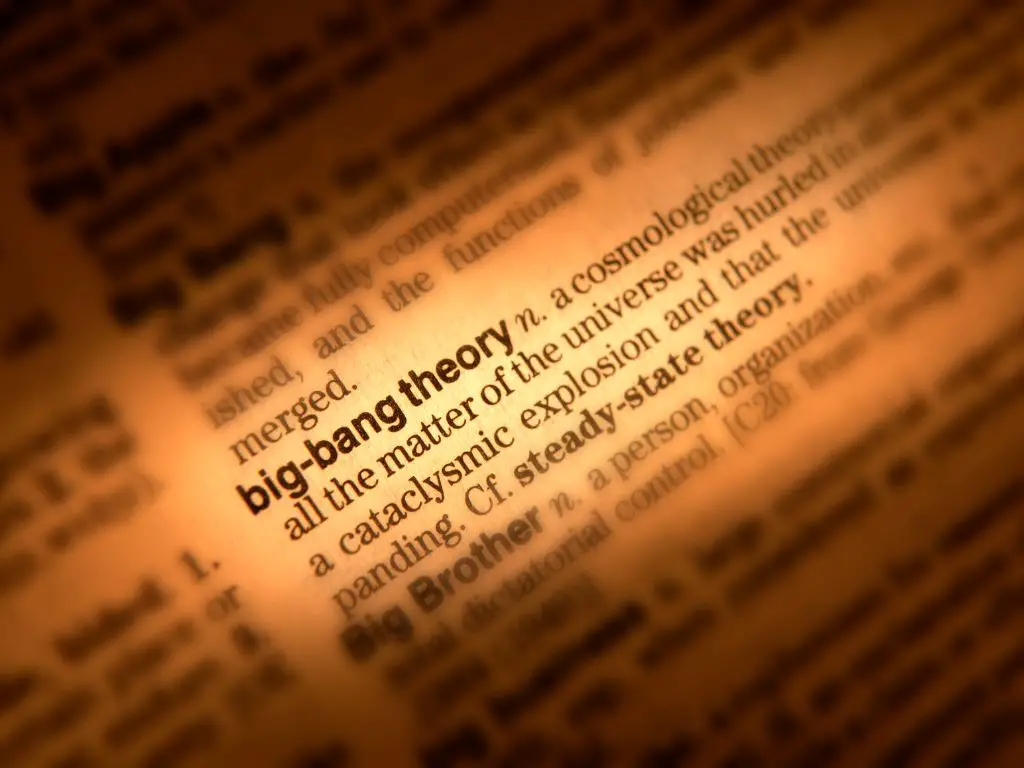
The Big Bang is a scientific theory, not a fact. A scientific theory is a well-supported and widely accepted explanation for a phenomenon that has been observed in the natural world. Theories are based on a great deal of evidence and are continually tested and refined through observation and experimentation. While theories are not proven beyond all doubt, they are the most reliable and accurate explanations that we have for natural phenomena.

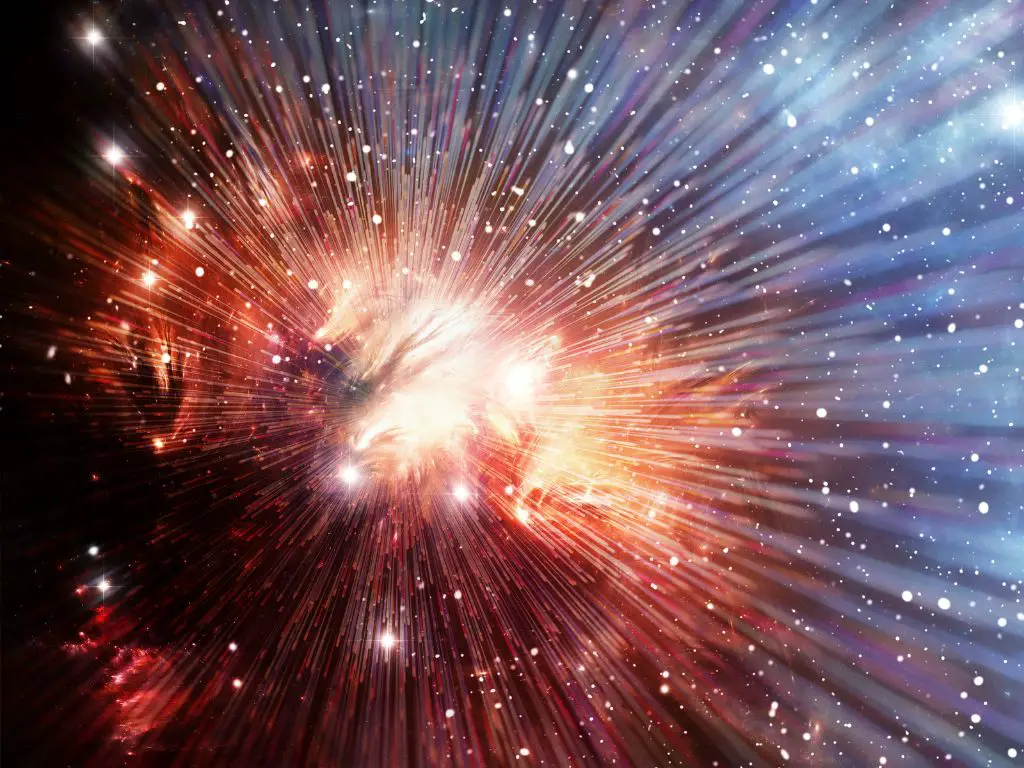
Leave a Reply